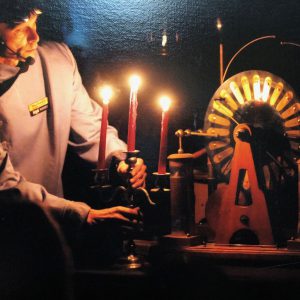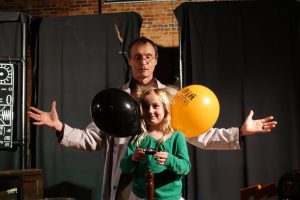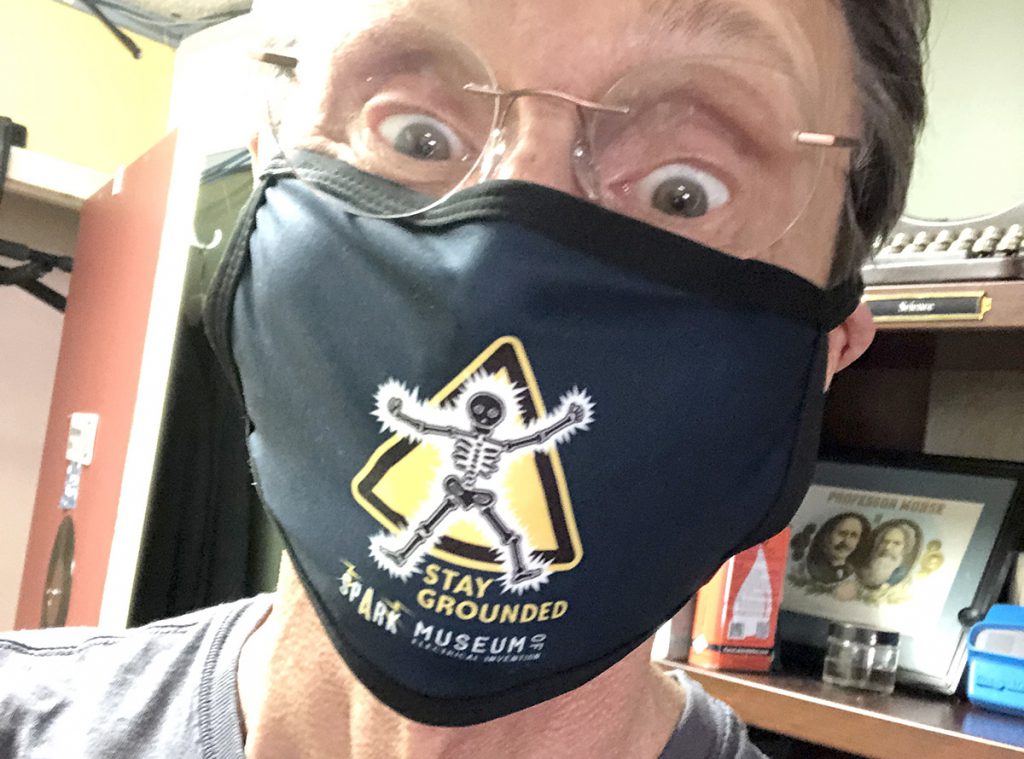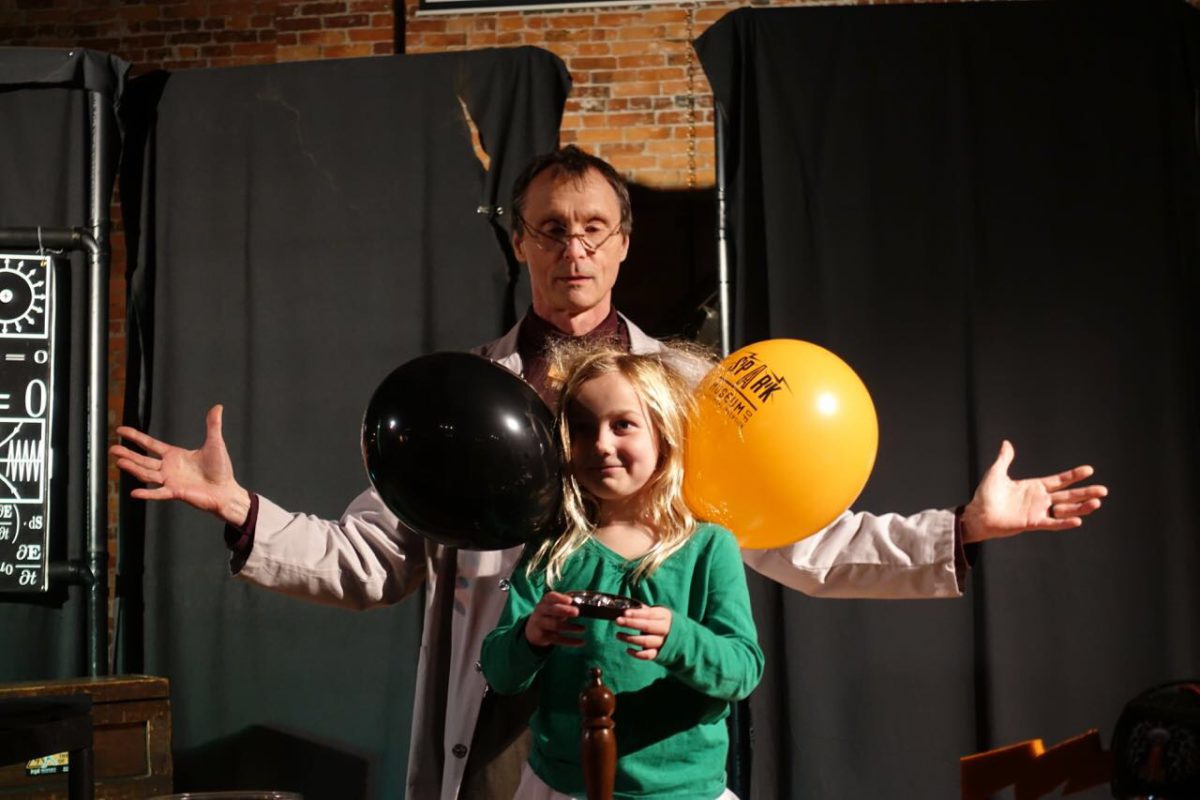In his two decades at the SPARK Museum of Electrical Invention in downtown Bellingham, Tana Granack has had the opportunity to interact with thousands of visitors, of all ages and from all walks of life — tourists, collectors, toddlers, seniors, educators, students on field trips, teenagers on first dates and more.
“I feel like I’ve been part of a 20-year study on what people want and expect when visiting our museum,” says Granack, the museum’s director of operations.
That’s a lot of people, a lot of watching, a lot of learning. As Granack has learned, he’s developed several maxims about how the museum should operate and what is its larger purpose in the Whatcom County community.
Maxim No. 1: Science is for everyone — and people want science.
SPARK is a place at which everyone can have a fun and memorable experience with science and invention.
“You don’t need a Ph.D. in electrical engineering to respond to our staff and exhibits and have an enjoyable time,” Granack says.
It’s always been a draw for scholars, collectors and professionals, but the museum is most popular among visitors who have little or no experience in electrical science, Granack says.

“That was a huge revelation,” he says. “For many people, we are their first exposure to science that is both accessible and engaging.”
There is a misconception that science is all about memorizing, equations and concepts that are way over most people’s heads, he says. But Granack has a maxim about that, too: “To me, science is a lot like music, meaning you don’t have to be a skilled musician to enjoy and appreciate a really great song.”
Granack says he feels the same about the daily demonstrations performed by the team of enthusiasts at SPARK.
“You can think of the collection — all these artifacts and devices — as rare instruments,” he says. “And you can think of our staff as experienced musicians who can operate and play them, so to speak, for our visitors, recreating some of science’s greatest hits.”
Visitor feedback has been overwhelmingly positive about the enhanced displays and the variety of daily demonstrations.
“It’s one thing to simply look at our collection of Edison cylinder phonographs,” Granack says, “but it’s another thing to actually see it spin and hear it play right before you, just like someone would have in 1902.”
And the visit experience doesn’t stop there. Granack has another trick up his sleeve when it comes to creating unforgettable visitor experiences.
“It’s the stories,” he says. “From the lightning rod to the light bulb and everything in between, it’s the stories about these inventions, the people involved and the impact they’ve had on all of us. The stories are what people remember most.”

Granack, who spent most of his early career working in the service industry, draws on his restaurant experience when establishing customer service policies.
“It’s like when you go to a new restaurant. When you enter, you want to see a clear and inviting menu of options.”
SPARK offers colorful visitors’ guides that highlight must see items throughout the museum.
“It’s our version of the Electrical Science Top 40 Menu,” laughs Granack. “No reason not to pick them all!”
Maxim No. 2: Science education is more important than ever.
“Being able to see critically, to weigh information and to think for yourself are as basic as any other skill needed to succeed in life,” Granack says. “At SPARK, we want to give students the tools to think for themselves. It’s like an approach you can put on like a hat. When you get stumped on something, you might put this hat on and give it a try.”
Whether they are Whatcom County students on field trips or youth visiting with family and friends, what kids (and others) can learn at SPARK are fundamental, critical thinking skills they can access the rest of their lives, Granack says. And it’s especially true for students not going into a science field, he adds.
“Critical thinking and using the scientific method aren’t just for scientists,” Granack says. “Ben Franklin taught us that science was for everyone, not just the king, and that’s our deepest belief here at SPARK.”

“Visitors may be less interested in touching and interacting because of the virus, but that doesn’t mean they don’t want a cool demonstration and experience,” he says. “That just means that we as docents need to do what we do best, which is up our demonstration game. It’s more labor intensive and proactive on our part, but our team of docents and educators welcome that responsibility, and we can’t wait to see everyone again, now that we are open!”
